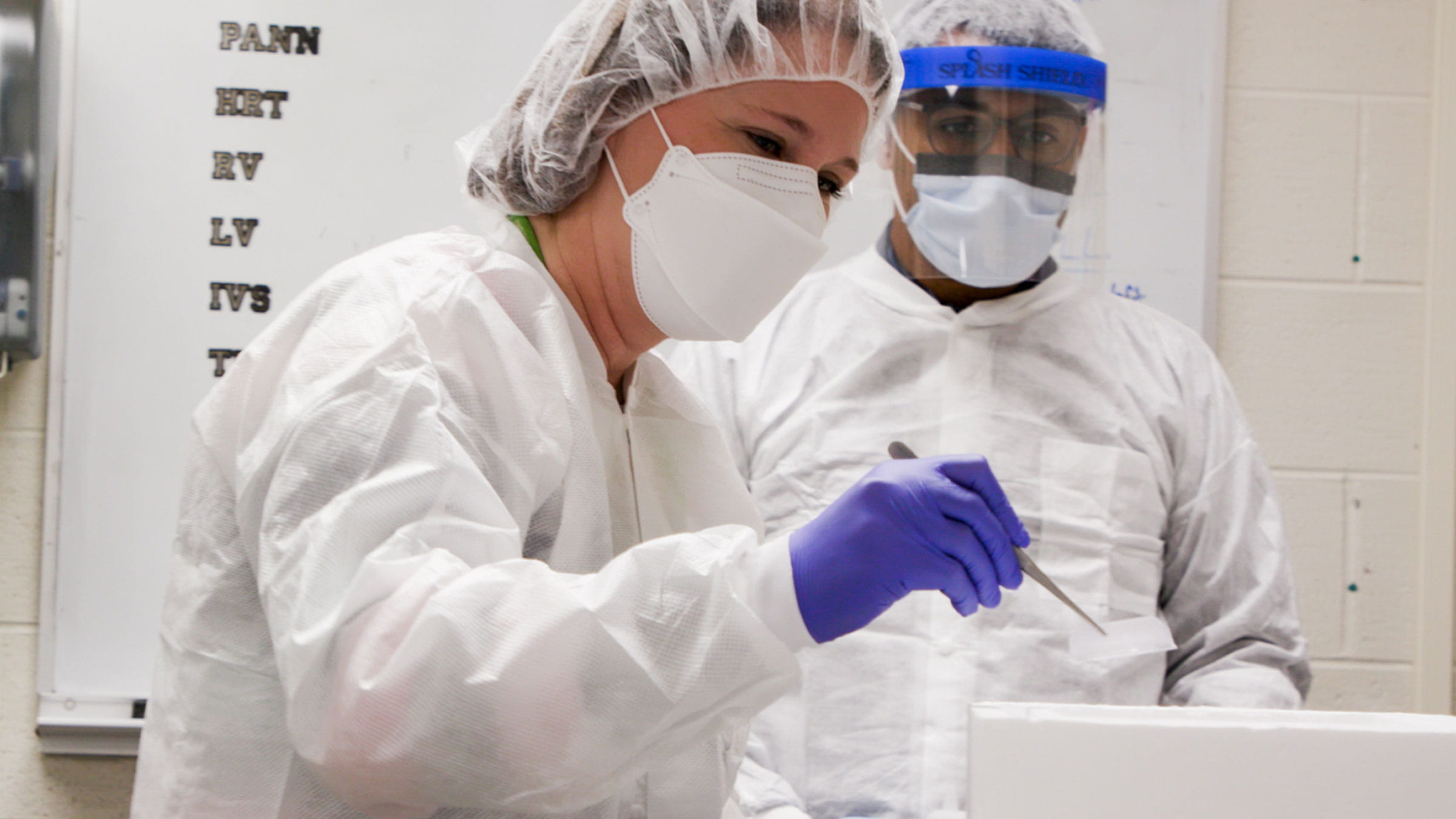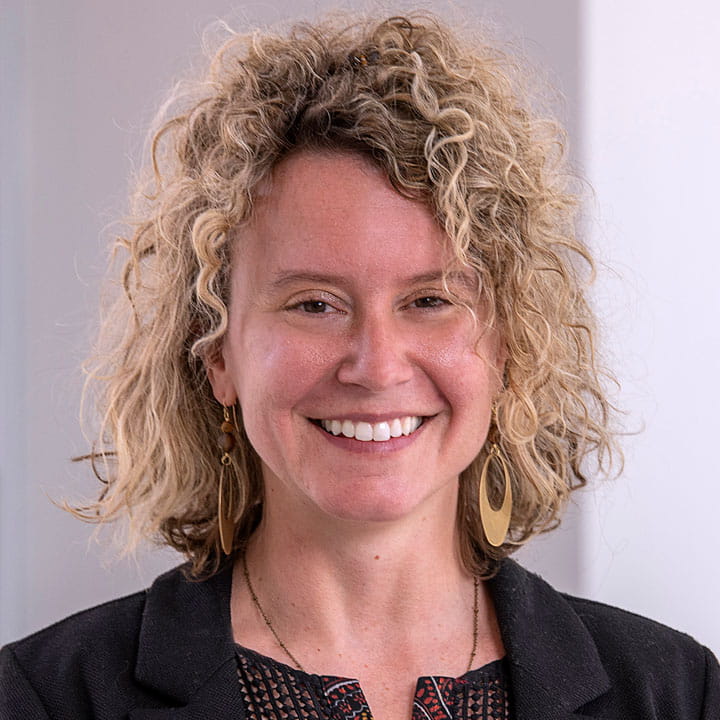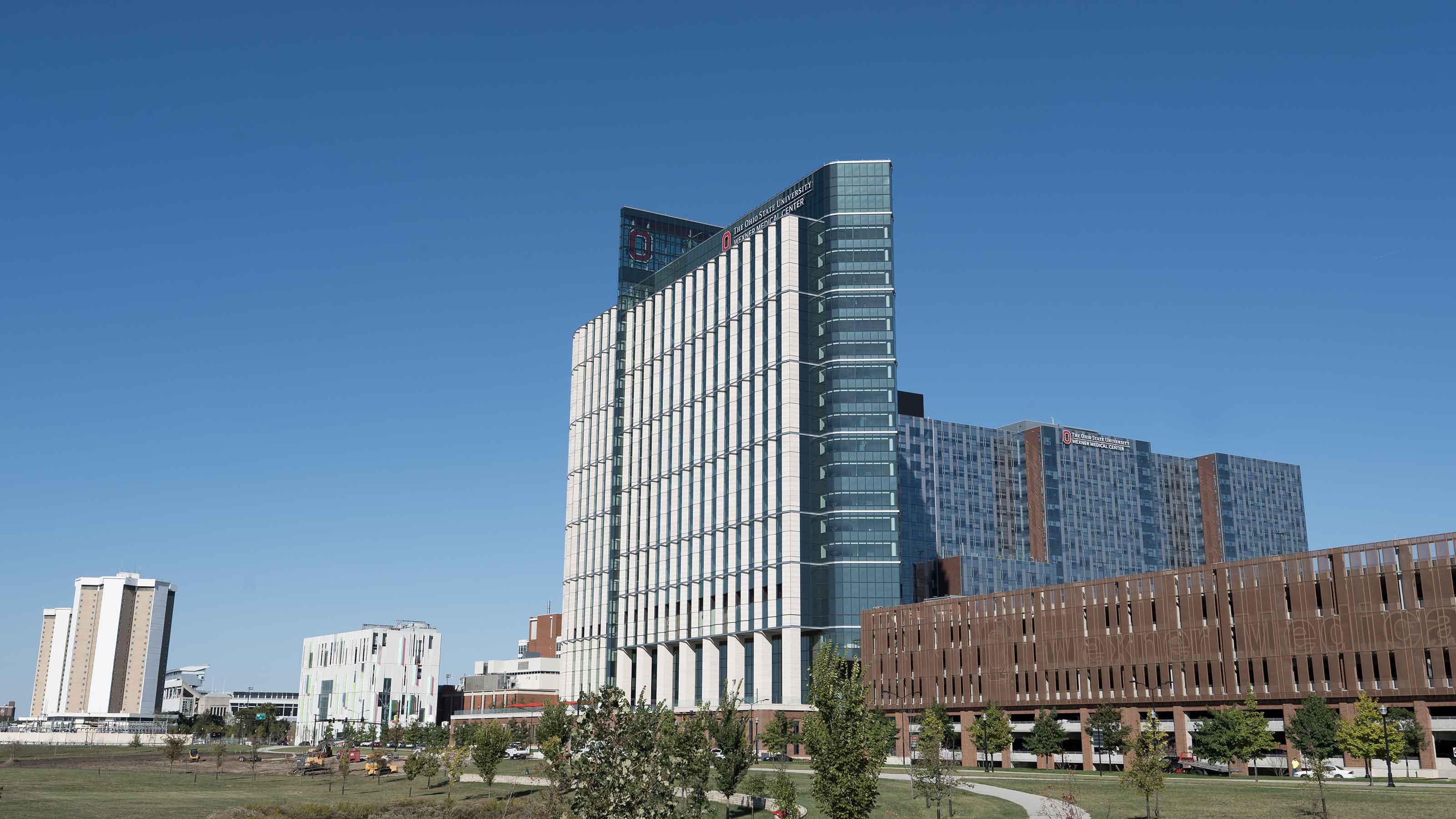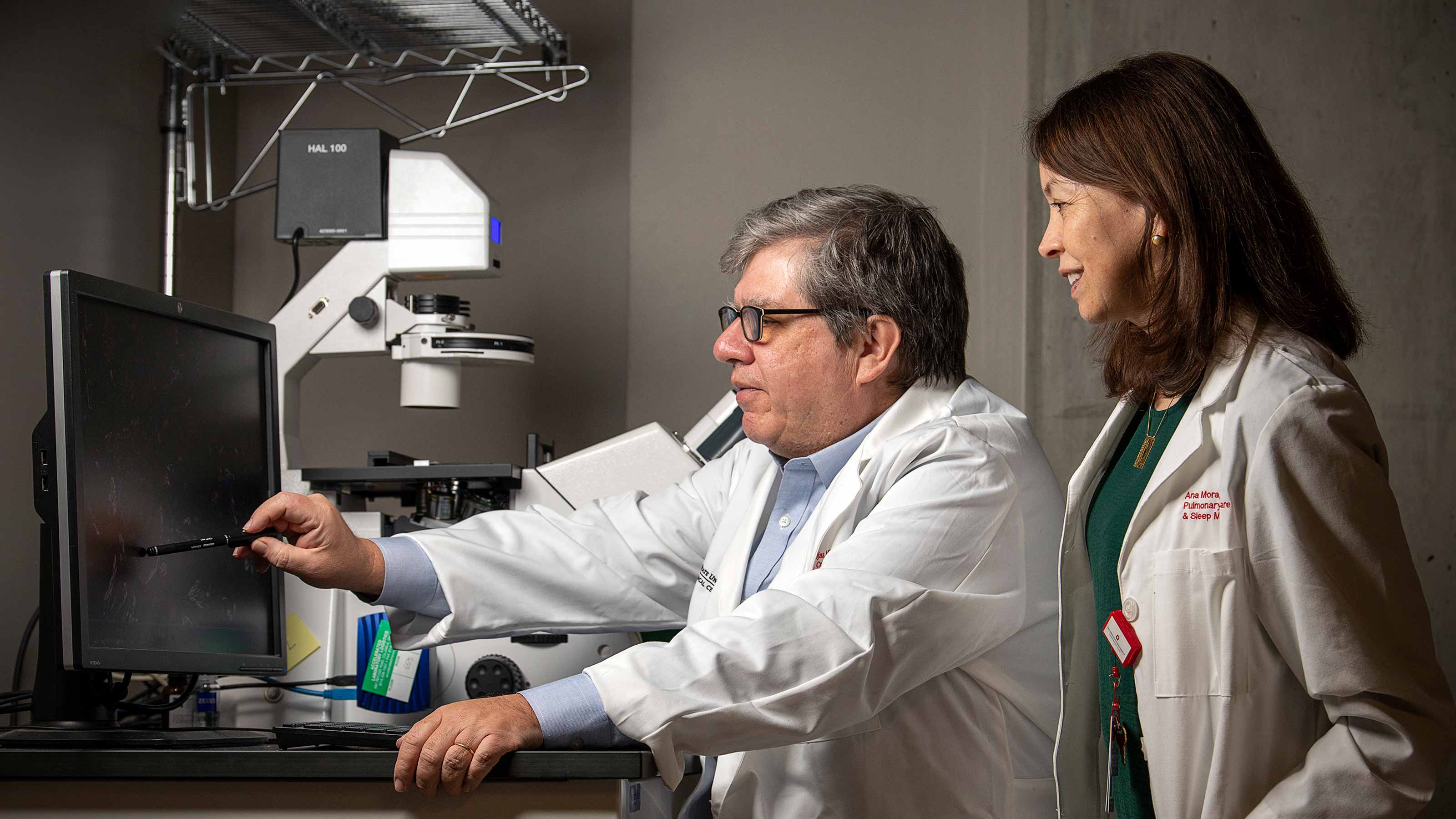A unique research autopsy may unlock why some cancer treatments don’t work effectively

A new study on cancer patients offers the potential to turn tragedy into life-saving treatment.
A team at The Ohio State University Comprehensive Cancer Center – Arthur G. James Cancer Hospital and Richard J. Solove Research Institute (OSUCCC – James) is conducting a unique clinical research study to collect samples from patients hours after their death. The team, led by Sameek Rowchowdhury, MD, PhD, can use these samples to study cancerous cells in a way that otherwise would not be possible.
The goal of the Rapid Cancer Research Autopsy Trial is to understand how those cells overcame treatments and develop new approaches to fight them.
“As patients undergo cancer treatment and, in some instances, succumb to their disease, there's limited opportunity to understand their cancer and what made it so lethal and what took their lives,” said Roychowdhury, a medical oncologist and researcher with the OSUCCC – James Translational Therapeutics Program. “The rapid autopsy program allows us to sample every site of cancer in the body. This can help us understand how the cancer cells overcame different treatments and then go back to the drawing board to develop better therapies targeted to different genes and types of cancer.”
Patients consent before their passing to allow biological samples to be taken for cancer research. After a rapid autopsy, samples are preserved and taken to a lab, where researchers can identify potential genetic mutations or cellular characteristics that explain why therapy failed.
Already, the study has led to discoveries about how certain cancers are treated.
The OSUCCC – James rapid research autopsy team has performed 55 autopsies since the study began in 2016. Data collected has led to discoveries about drug-resistance mechanisms for a recently approved, novel targeted therapy called infigratinib, which targets FGFR2 gene mutations known as fusions in cholangiocarcinoma (bile duct cancer) and other cancer types OSUCCC – James investigators are enrolling patients to a phase 2 study of infigratinib for patients with other cancer types that harbor FGFR gene mutations.
“This represents a strong potential new therapy option for diseases that have limited treatment options.”Sameek Rowchowdhury, MD, PhD
“We are so humbled by our patients’ selflessness by participating in research that will help others. It is a legacy of hope and exciting to see both precision cancer medicine and the research autopsy trial translating into discoveries at the patient’s bedside.” Roychowdhury said.

Your support fuels our vision to create a cancer-free world
Your support of cancer care and pioneering research at Ohio State can make a difference in the lives of today’s patients while supporting our work to improve treatment and reduce cases tomorrow.
Ways to Give





